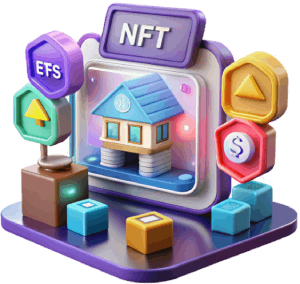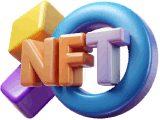Exploring NFT Marketplaces – Guide to the Best Platforms for Buying and Selling NFTs
The dawn of the digital age brings with it an extension of the concept of ownership beyond physical assets. Non-fungible tokens (NFTs) have been making massive headlines, allowing individuals to claim ownership of one-of-a-kind digital assets like art, music, and even virtual real estate. NFT marketplaces lie at the center of this emerging system. These platforms permit users to buy, sell, and trade NFTs, hence becoming essential ingredients in this emerging digital economy. So, what exactly is an NFT Marketplace? And how are they different from one another?
The article will cover what NFT marketplaces are, how they work, and the types of platforms that exist.


